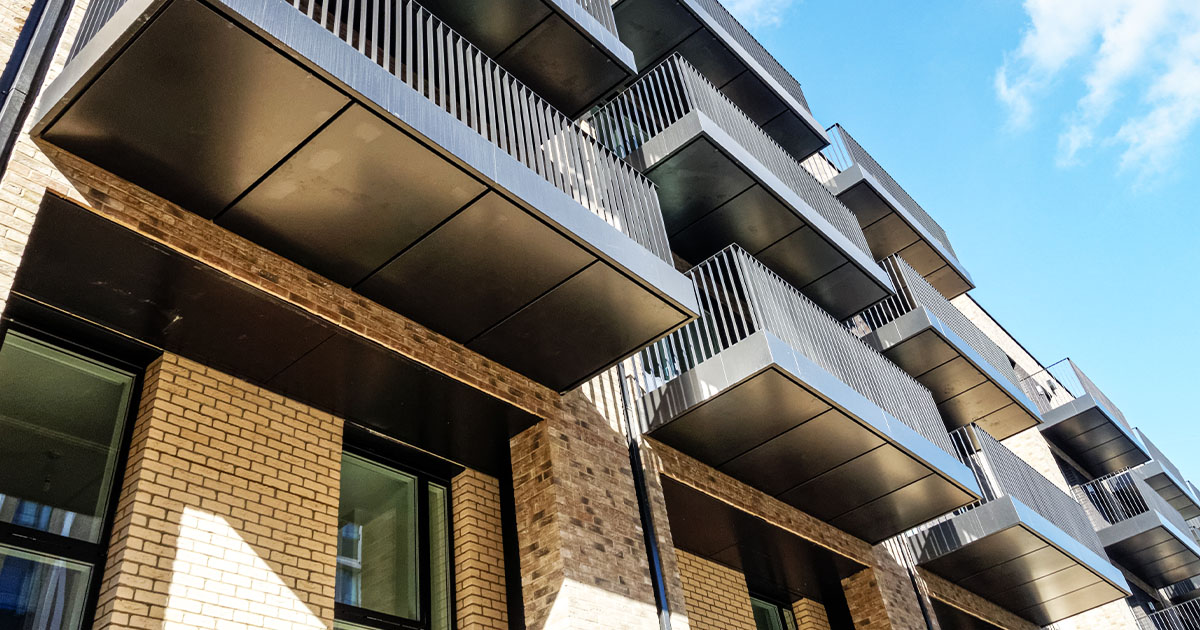Residential property
We strive to provide an integrated service
The Residential Property team’s passion is to guide and enable you to navigate the legal practicalities of buying, selling, financing, and managing your property.
At Forsters we strive to provide an integrated service, with a firmwide team who can act on the full range of matters experienced during a property’s lifecycle. Our focus is to ensure that you feel supported, and that the value of your asset is fully protected.
Your requirements will be placed front and centre, and we will ensure that you are provided with a client focused approach. Our understanding of the dynamics of the market and expertise in all residential property matters places us in the best position to navigate and resolve any problems which you may face, enabling you to move forward efficiently and achieve your objectives.
From city to country
Helping you navigate the perks and quirks of buying a home.
There are numerous legal peculiarities to be aware of when purchasing a property in England and Wales.
Read our featureTrack record
The Whiteley
Following a competitive pitch process, we have been advising the developers in relation to the sale of the residential units and the letting of the commercial space at this £1 billion redevelopment of the Whiteleys shopping centre in London. The development is a joint venture between MARK and CC Land where Finchatton act as project manager.
Designed by Foster + Partners, the new Whiteleys will deliver: 139 world-class, modern residences; 20 new shops, cafes and restaurants; a central public courtyard; a cinema; and a gym. The site will also feature London’s flagship Six Senses hotel and spa with 110 rooms, as well as its social wellness club, all set behind a retained and restored Grade II-listed facade.

International refinancing loan
We advised a private bank in connection with the refinancing for an international high net worth individual of a £13 million loan for a super prime leasehold property in London. This matter was unusually complex as the lease for the property was not in the form required by the bank.
Using our knowledge of the development, we advised on possible solutions for variations to the lease. The client had bespoke tax structuring requirements due to their residency, therefore the bank’s standard documentation did not meet their needs. We drafted and heavily negotiated these documents, which included a revolving facility agreement, a first legal charge, a second legal charge, a guarantee, a share pledge and a cross pledge.
Prime Central London
We advised a high net worth couple on the purchase of their first property in the UK. This was an off-plan acquisition of a super prime property in Central London, with the transaction highly complex due to a number of reasons.
We carried out the property due diligence which included investigating the planning permission to ensure our clients had a detailed overview of the asset. Our team also negotiated the agreement for lease, which proved to be a lengthy negotiation with the vendors. Construction warranties were initially not offered to our clients but given the value of the property, we refused to accept this, and ensured our client received them. We supported the client with personal tax structuring elements.
Strategic sale
We recently advised a long-standing client of the firm in relation to the sale of their family home. Our clients had a specific requirement to sell the property as part of an international relocation strategy. As such they needed high level transactional advice to ensure the sale proceeded smoothly and in line with their wider plans.
The purchase price was paid by way of a deferred consideration, which was secured by a legal charge over the property in favour of our client. To enable this, the team advised on the legal charge aspects and the loan agreement for the deferred consideration. We also advised on the personal tax and structuring aspects.
The team can advise on:
-
Purchases and sales
-
Lease extensions
-
Investment properties
-
Landlord and tenant matters
-
Tenancy agreements and leases
-
Development title structuring
-
Licences for alterations
-
Off plan and new builds
-
Mortgages and refinancing
-
Mixed use buildings
-
Leasehold enfranchisement
-
Garden squares
Meet our team

Lucy Barber
Partner, Head of Residential Property

Robert Barham
Partner, Residential Property

Helen Marsh
Partner, Residential Property

Charles Miéville
Partner, Residential Property

Poornima Andrews
Senior Associate, Residential Property

Lanna Chen
Senior Associate, Residential Property

Georgina Haddon
Senior Associate, Residential Property

Freddie Hunter
Senior Associate, Residential Property

Anna Jassani
Senior Associate, Residential Property

Gethen Sasanow
Senior Associate, Residential Property

Jessica Scarlett
Senior Associate, Residential Property

Samantha Tomczyk
Senior Associate, Residential Property

Adam Whitfield-Jones
Senior Associate, Residential Property

Shelley Lloyd
Associate, Residential Property

Kathryn Jackson
Trainee Solicitor

Bryan Lai
Paralegal, Residential Property

Anna Maude
Paralegal, Residential Property

Bhavleen Puri
Paralegal, Residential Property

Ruth Thi
Paralegal, Residential Property

Cecelia Thornhill
Paralegal, Residential Property

Jamie Olsen Ferreira
Knowledge Development Lawyer, Construction






